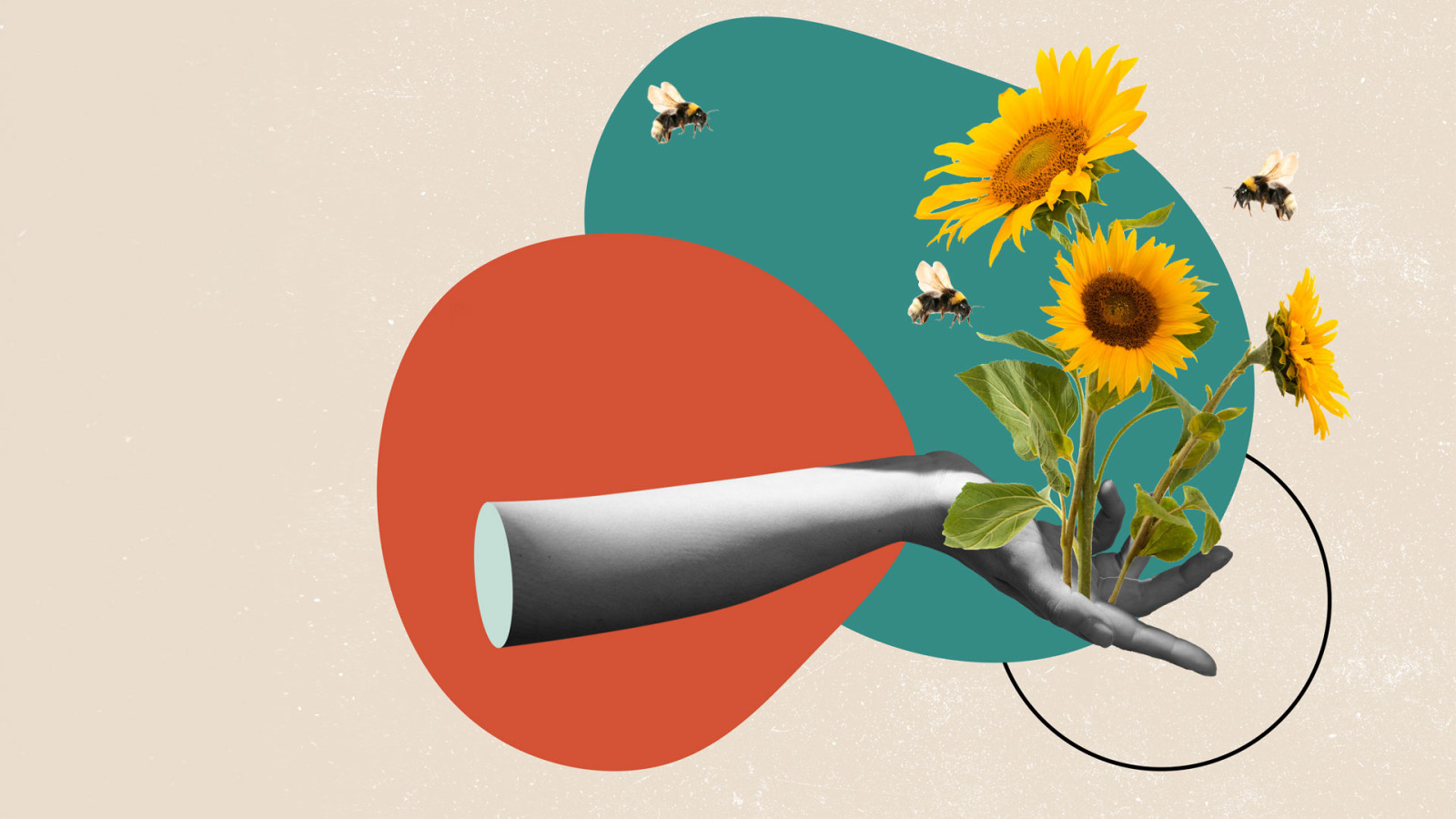Don’t forget the bees! Why biodiversity is critical to corporate social responsibility
Published Jun 21, 2023 – By Jane Douglas

“Not the bees again?!” you say. Yes, the bees. And the animals, and the plants, and the fungi, even the tiny microorganisms that you can’t see. Biodiversity refers to all the different kinds of life you’ll find in one area, and it’s in trouble.
Between 1970 and 2018, there has been a precipitous 69% drop in wildlife populations around the world, according to the WWF Living Planet Report 2022. One million plants and animals are now threatened with extinction.
We did this, didn’t we?
Yep. “Humans have overfished the oceans, cleared forests, polluted our water sources, and created a climate crisis. These actions are impacting biodiversity around the world,” says the WWF.
That’s awful, but what has biodiversity got to do with my business and its stakeholder communication plan?
While us humans like to think we’re exceptional, it turns out we’re animals too, and pretty reliant on those ecosystems we’re upsetting. Biodiversity underpins just about everything we need to live: food, clean water, medicine and shelter.
I’ll let the big man explain. David Attenborough says: “The damage we are inflicting on species and ecosystems is so extensive and profound that scientists now believe we are witnessing Earth’s sixth mass extinction event — the last one marked the end of the dinosaurs.”
Yikes, now I’m hiding behind the sofa. But I still don’t see what that’s got to do with my business…
OK. Let me hit you with the bottom line. The World Economic Forum (WEF) says $44 trillion of the world’s total GDP is moderately or highly dependent on nature and its services.
That’s over half the world’s GDP.
In fact, the WEF sees biodiversity loss as the fourth-greatest global risk. The only things it is more worried about are infectious disease, climate action failure and weapons of mass destruction.
That’s why we keep hearing that the biodiversity crisis is a business crisis. The Boston Consulting Group (BCG) wrote a report with that exact title, spelling out the reliance of business on biodiversity.
“As ecosystems decline, business faces significant risks. Food and fashion makers may face higher costs for raw material inputs due to degraded soils and the loss of natural pollinators. Flooding, soil erosion, or pandemics will impact nearly every corner of the corporate world,” the report explains.
Simply put, organisations that don’t help put the brakes on biodiversity loss will see their business fundamentals disrupted, from operations, to supply chains and the economy as a whole.
So don’t let your business wash down the river with the top soils and pesticides. Become the socially responsible business you want to be, make biodiversity part of your ESG strategy and incorporate it into your stakeholder communication plan.
More like EeeeeekSG!
Well, quite. But in the midst of every crisis lies opportunity.
“Companies that act to support biodiversity can develop powerful new offerings and business models, improve the attractiveness of existing offerings, and lower operating costs,” according to the BCG report. They are also likely to win the support of customers and investors.
According to researchers at Imperial College London, businesses are starting to realise their contribution to biodiversity loss and are working to mitigate some of their impacts.
This is something we have noticed at Wardour, with corporate clients including biodiversity and nature in their sustainability reporting.
Activities that adapt business models to incorporate biodiversity into key areas such as R&D and supply chain management are the most effective, according to the Imperial College team.
So what does all this mean for my communications?
Greenwashing has been big on the agenda recently. If you want to avoid this accusation then you need to have a comprehensive ESG strategy in place, and that includes biodiversity.
If you’re interested in learning more about how to frame your conversations around biodiversity, get in touch with Growth Director Rochelle O’Hagan at Rochelle.ohagan@wardour.co.uk.
Stay ahead of the curve
Sign up to our emails

